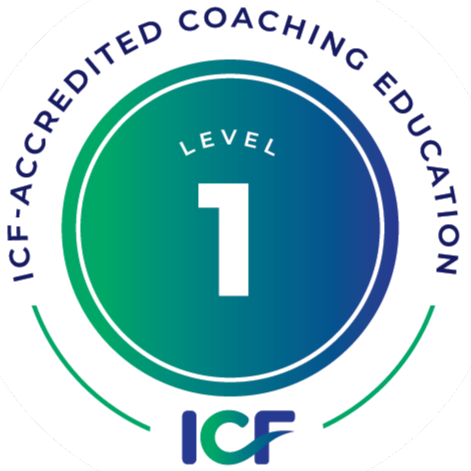
By: Patrick Williams, EdD, MCC, BCC
In my work with coaching leaders in the corporate arena, I often encourage them to have a mentor or internal coach in their workplace to create sustainable change after my coaching assignment has ended. I’m usually hired to coach some executive who has been promoted or is moving job locations within a government or private corporation. When people think of mentoring, they often associate it with an older executive who counsels a promising newbie. The senior leader advises the junior employee on his career, navigating office politics and what’s needed to get ahead. But mentoring has dramatically changed over the last few decades.
“Mentors focus on the qualities of wisdom and judgment. By sharing what they have learned from experience, they provide perspective. They tell us the unspoken rules and consequences of our decisions.” ~ Shirley Peddy, The Art of Mentoring: Lead, Follow and Get Out of the Way, Bullion Books, 2001
Effective mentoring is essential for leadership development. Done right, it’s one of the most powerful tools for gaining wisdom, reaping the rewards of job growth and achieving a strong competitive advantage in today’s job marketplace. Successful leaders mentor, coach and partner with their employees instead of practicing command-and-control management. Top organizations are more adaptive, innovative and smart about bringing out the best in their people. Employees are always learning, and managers are always teaching.
That said, it’s up the employee to cultivate a beneficial mentoring relationship—and to pursue it with rigor and commitment. Don’t wait for an official mentoring program opportunity. Seek out someone with the kind of leadership wisdom you admire, and ask them questions. Explore with them a possible mentoring relationship, one that might be mutually interesting. In my work with high potential people, almost all benefit from a relationship with someone more skilled and experienced in their organizations. A good mentor can save you time and energy by pointing you in the right direction. If your coaching clients do not have a formal mentoring program in their workplace, encourage them to develop one.
Who do you, as an aspiring coach have as your mentor? Have you hired a mentor coach for a time limited relationship to ‘get your motor running?” Do you use mentoring from other coaches you know who might be available from time to time for a chat or meet up in a coffee shop? What’s been your experience with mentoring? I’d love to hear from you.




